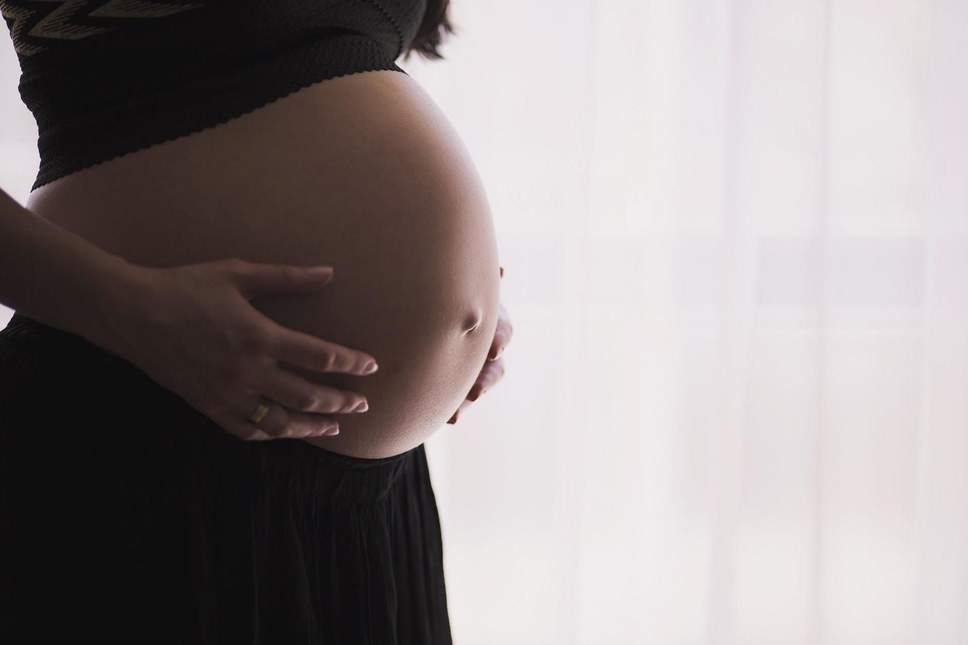Pregnancy is one of the most vital and sensitive periods in a woman’s life. Therefore, it’s very important for pregnant women to eat a healthy diet. Some foods should be avoided while some should be taken just once in a while.
Below are some of the foods that should be avoided if possible by pregnant women:
Raw eggs
Raw eggs might contain Salmonella which can be very bad for the uterus. Some symptoms of salmonella includes; nausea, stomach cramps, diarrhea and fever. In some cases, it causes infection which can lead to the death of the uterus or stillbirth.
When selecting your meal, check the contents, also, foods like, scrambled eggs, poached eggs, homemade mayonnaise, cake icings, salad dressings and so on should be avoided.
Caffeine
Pregnant women are generally advised to limit their caffeine in-take to less than 200 mg per day, or about 2–3 cups of coffee. Caffeine is absorbed very quickly and passes easily into the placenta and foetus, high caffeine intake during pregnancy has been shown to restrict foetal growth and increase the risk of low birth weight at delivery. According to medical practitioners, low birth weight which is less than 5 lbs, 8 oz or 2.5 kg is associated with an increased risk of infant death and a higher risk of chronic diseases in adulthood, such as type 2 diabetes and heart disease.
Unwashed products
The surface of unwashed or unpeeled fruits and vegetables may be contaminated with several bacteria and parasites. Bacteria can harm both the mother and her unborn baby. Infants who are infected with virus like Toxoplasma while still in the womb may have no symptoms at birth. However, symptoms such as blindness or intellectual disabilities may develop later in life.
A small percentage of infected newborns have serious eye or brain damage at birth.
While you are pregnant, it is very important to minimize the risk of infection by thoroughly rinsing, peeling or cooking fruits and vegetables.
It is important to watch what you eat while you are expecting, especially at the early stage of pregnancy.
The medical information provided in this article is provided as an information resource only. This information does not create any patient-physician relationship and should not be used as a substitute for professional diagnosis and treatment.
Source: Guardian Newspaper




